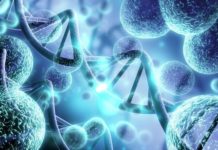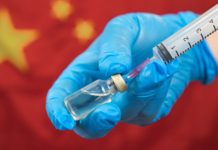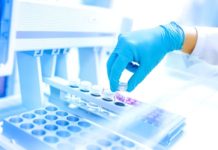US-based biotechnology firm Edge Therapeutics has started enrolling patients in the second group of a multicenter, randomised, controlled, open-label, Phase I/II NEWTON trial of its lead product candidate, EG-1962, for the treatment of patients with aneurysmal subarachnoid hemorrhage (aSAH).
The NEWTON (Nimodipine microparticles to Enhance recovery While reducing TOxicity after subarachNoid hemorrhage) trial is designed to assess the safety, tolerability and pharmacokinetics of EG-1962 compared with the current standard of care, oral nimodipine, in these patients.
The company is also evaluating patient functional outcomes at 30 and 90 days, which it believes will be indicative of the potential efficacy of EG-1962.
EG-1962 is a polymeric nimodipine microparticle using the company’s Precisa development platform and is being developed to improve patient outcome after aSAH, commonly referred to as ruptured brain aneurysm.
Edge Therapeutics president and chief executive officer Brian Leuthner said: “With each patient cohort, we are collecting a substantial body of safety and efficacy data that we believe will validate our prior experience with EG-1962.
“The Data Safety Monitoring Committee recommendation reflects their confidence in EG-1962 based on the trial results thus far, and allows us to proceed efficiently with the study of EG-1962 as a potential replacement of standard of care treatment for ruptured brain aneurysm patients who receive an intraventricular catheter.
“This allows us to proceed efficiently with the study of EG-1962 as a potential replacement of standard of care treatment for ruptured brain aneurysm patients who receive an intraventricular catheter.”
“We look forward to continued progress of the NEWTON study and to documenting its impact in this important patient population.”
The initiation of patient enrolment follows the protocol-specified review by the NEWTON trial Data Safety Monitoring Committee (DSMC) of the safety and pharmacokinetic data from the first group of the trial, as well as of other exploratory clinical outcomes and non-clinical data.
Based on the review, the DSMC recommended increasing the dose of EG-1962 to 200mg for the second group, as there were no unexpected drug-related serious adverse events, including hypotension, observed with the 100mg dose of EG-1962 in the first group.
Apart from the start of enrolment in second group, the DSMC has approved amending the protocol to allow dose-escalation to proceed without interrupting enrollment between cohorts in the absence of significant safety concerns related to EG-1962.
The decision is expected to save at least 30 days of enrolment time for each group.





















